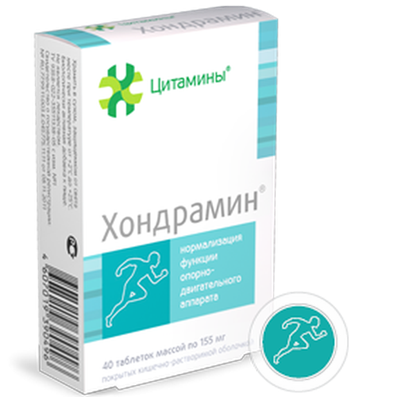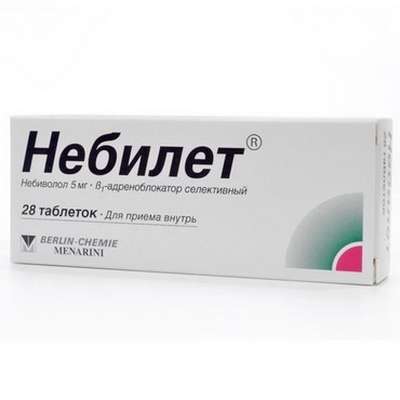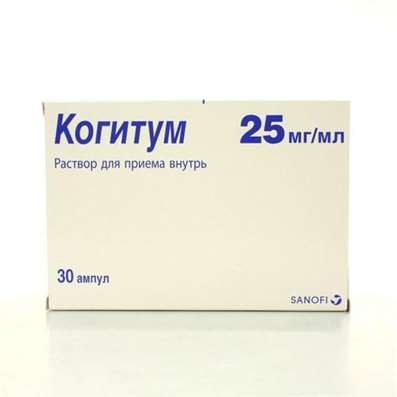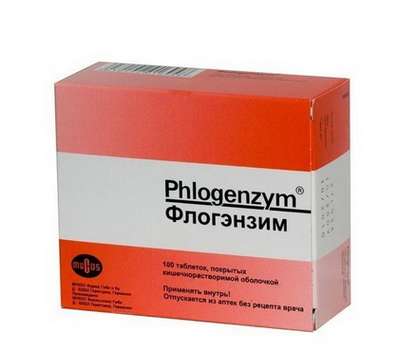Instruction for use: Alclometasone (Alclomethasonum)
I want this, give me price
Pharmacological group
Dermatotropona funds
Glucocorticosteroids
Nosological classification (ICD-10)
L20 Atopic dermatitis
Itchy atopic eczema, Common neurodermatitis, Allergic skin diseases, Allergic skin diseases of non-infectious etiology, Allergic skin diseases of non-microbial etiology, Allergic skin diseases, Allergic skin lesions, Allergic manifestations on the skin, Allergic dermatitis, Allergic diathesis, Allergic itching dermatosis, Allergic Skin Disease, Allergic skin irritation, Dermatitis allergic, Atopic dermatitis, Dermatosis allergic, Diathesis exudative, Skin Allergic Disease, Skin allergic reaction to medicinal and chemical preparations, Skin reaction to medication, Skin and allergic disease, Acute eczema, Chronic atopic dermatitis, Exudative diathesis, Itching allergic dermatosis
L22 Diaper dermatitis
Children's eczema, Diaper rash, Erythema from diapers
L23 Allergic contact dermatitis
Allergic dermatitis, Purulent allergic dermatopathies, Contact allergic reaction, Contact allergic dermatitis, Photoallergic contact dermatitis
L24 Simple irritant contact dermatitis
Simple contact dermatitis
L25 Contact dermatitis, unspecified
Intertriginous dermatitis, Contact Eczema, Contact dermatitis, Contact dermatitis of non-microbial etiology, Contact dermatitis, Skin wetting surface, Fractures, Intertrigo,Skin Difficulty, Subacute and chronic contact dermatitis, Phlebotoderma, Simple contact dermatitis complicated by impetigo
L29 Itching
Itching with partial obstruction of the biliary tract, Dermatitis itchy, Dermatosis with persistent itching, Other itching dermatoses, Itching dermatoses, Itching allergic dermatosis, Itching dermatitis, Itching itch, Excruciating itching, Severe itching, Endogenous itching, Skin itching with dermatosis, Limited itching dermatitis, Itching of the skin, Itchy scalp, Itching eczema
L30.9 Dermatitis, unspecified
Allergic dermatoses complicated by a secondary bacterial infection, Anal eczema, Bacterial maturation, Varicose Eczema, Venous dermatitis, Inflammation of the skin, Inflammation of the skin upon contact with plants, Inflammatory Skin Diseases, Inflammatory skin reactions, Inflammatory processes of the skin, Hypostatic dermatitis, Fungal Eczema, Fungal dermatosis, Dermatitis, Dermatitis is stagnant, Dermatitis and eczema in the anal area, Dermatitis acute contact, Perianal dermatitis, Dermatosis, Dermatosis of the scalp, Dermatosis of psoriasis, Dermatosis with persistent itching, Dermatoses, Dermatoses itchy, Other itching dermatoses, Significant eczematous manifestations, Itching with, dermatoses, Itching eczema, True eczema, Skin reaction to insect bites,Skin itching with dermatosis, Constitutional eczema, Weeping eczema, Drowsing inflammatory skin disease, Dying Infectious-Inflammatory Skin Disease, Non-allergic dermatitis, Nummular eczema, Acute contact eczema, Acute inflammatory skin disease, Acute dermatosis, Acute severe dermatosis, Perianal dermatitis, Superficial dermatosis, Subacute Contact Eczema, Simple dermatitis, Occupational dermatitis, Psychogenic dermatosis, Bubble dermatitis of newborns, Pustular eruptions, Irritation and redness of the skin, Low-flammable eczema, Dry atrophic eczema, Dry eczema, Toxic dermatitis, Ear eczema like dermatitis, Chronic eczema, Chronic dermatosis, Chronic common dermatosis, Scaly papular dermatosis, Eczema, Eczema anal region, Eczema of the hands, Eczema Contact, Eczema lichenized, Eczema Nummular, Eczema acute, Eczema acute contact, Eczema subacute, Eczematous dermatitis, Eczema-like rashes, Ecome exogenous, Endogenous eczema, Gluteal dermatitis, Restricted itchy dermatitis
L40 Psoriasis
Chronic psoriasis with diffuse plaques, Generalized psoriasis, Psoriasis of the scalp, Psoriasis of the scalp, Generalized form of psoriasis, Psoriasis dermatitis, Psoriasis complicated by erythroderma, Invalidative psoriasis, Isolated psoriatic plaque, Exfoliative psoriasis, Psoriatic Erythroderma, Psoriasis with eczematosis, Hyperkeratosis in psoriasis,Inverse psoriasis,Psoriasis eczematous, Dermatosis of psoriasis, Psoriasis of the genitals, Psoriasis with lesions of hairy areas of skin, Erythrodermal psoriasis, Chronic psoriasis of the scalp, Chronic psoriasis, Ordinary psoriasis, Refractory psoriasis, Kebner phenomenon, Scaly lichen
L50 Urticaria
Idiopathic chronic urticaria, Injury Urticaria, Chronic urticaria, Hives of the newborn
Code CAS 66734-13-2
Characteristics
Alclomethasone dipropionate is a white powder, insoluble in water, slightly soluble in propylene glycol, sparingly soluble in hexylene glycol.
Pharmacology
Pharmacological action - anti-inflammatory, antiallergic, antipruritic, antiproliferative, antipsoriatic, glucocorticoid.
It induces the formation of lipocortins that inhibit the activity of phospholipase A2, inhibits the synthesis of arachidonic acid, PG (prostaglandins) and LT (leukotrienes), reduces the release of cytokines from lymphocytes, inhibits the release of other inflammatory mediators, incl. (Including) histamine from sensitized mast cells and basophils.
Changes the structure of tissue and cell membranes and reduces their permeability, inhibits the migration of macrophages and sensitized T-lymphocytes to the focus of inflammation. Has vasoconstrictive properties. Reduces the severity of the inflammatory process in the skin, eliminates itching and pain. The antiproliferative effect is manifested in the reduction of the surface of hyperplastic tissues.
In animal studies, no carcinogenic effects and effects on fertility have been identified. In in vivo tests (a process or a reaction in a living body) and in vitro (a process or reaction in an artificial medium (in vitro)) did not exhibit mutagenic properties.
When applied to the intact skin, approximately 3% of the alklomethasone dipropionate is absorbed into the systemic blood stream within 8 hours. Inflammation, disruption of the integrity of the skin or occlusive dressing increases percutaneous absorption. Biotransformed mainly in the liver, is excreted in the form of metabolites, mainly with urine, to a lesser extent - with bile.
Indications
Dermatitis (atopic, contact, etc.) when the process is localized in sensitive areas (face, skin folds) or in people with sensitive skin (children over 1 year old and elderly patients), psoriasis, urticaria, skin itching in allergic diseases.
Contraindications
Hypersensitivity, skin tuberculosis, chicken pox, perioral dermatitis, rosacea, complications after vaccination, age up to 1 year.
pregnancy and lactation
Perhaps (for a short time and on small surfaces), if the expected effect of therapy exceeds the potential risk to the fetus.
The action category for fetus by FDA is C.
Special care should be taken when using in nursing mothers, including children. Do not apply to the skin of the breast before feeding.
Side effects
Rarely (1-2% of cases, mainly with the use of an occlusive dressing) - burning, itching, redness, irritation and dry skin, acne vulgaris; Very rarely - acne, hypopigmentation, sweating, folliculitis, striae, skin and subcutaneous tissue atrophy, hypertrichosis, allergic contact dermatitis, secondary skin infections; In isolated cases (with prolonged use and / or application to large areas) - the development of systemic side effects (suppression and insufficiency of the function of the adrenal cortex).
Overdose
Symptoms: hyperglycemia, glycosuria, oppression of adrenal cortex function, growth retardation, Itenko - Cushing syndrome.
Treatment: withdrawal of the drug, symptomatic therapy.
Routes of administration
Locally.
Precautions
It should not be used for a long time on large areas of the skin and use occlusive dressings, tk. Possibly increased resorption and systemic side effects (in infants, skin folds and diapers can mimic the effect of an occlusive dressing). In childhood and in the violation of liver function, it is necessary to periodically test for the presence of free cortisone in the urine and the stimulation test ACTH. Do not apply on eyes or skin in the immediate vicinity of them (provokes the development of glaucoma and cataracts). In the event of a secondary bacterial or fungal infection, antimicrobial agents are prescribed and decide whether to cancel therapy.

 Cart
Cart





